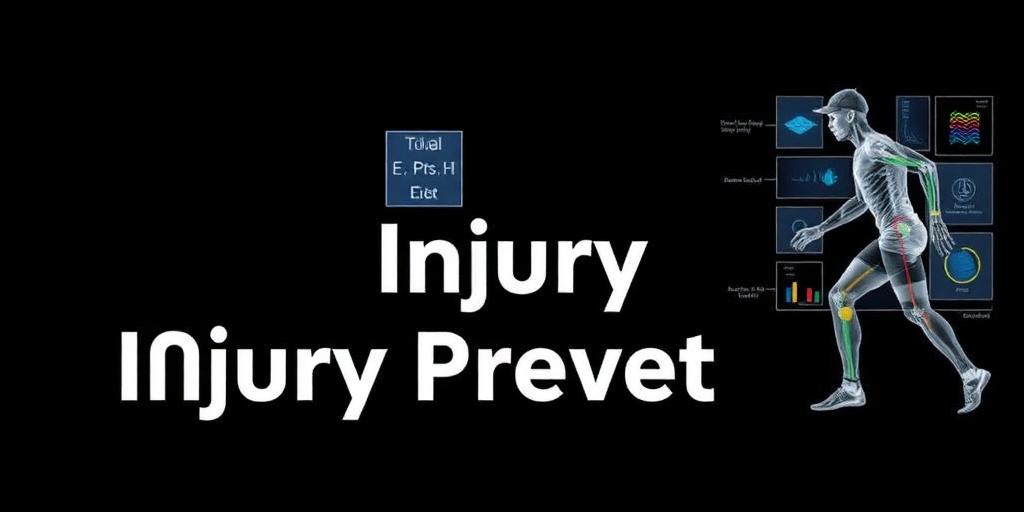Intermittent Fasting: Is It Right for You?
Intermittent fasting (IF) has surged in popularity as a dietary approach promising weight loss, improved metabolic health, and even increased longevity. But what exactly is intermittent fasting, and more importantly, is it the right choice for you? This article provides a comprehensive overview to help you make an informed decision.
What is Intermittent Fasting?
Intermittent fasting is not a diet in the traditional sense, but rather an eating pattern that cycles between periods of eating and voluntary fasting on a regular schedule. It doesn't specify which foods you should eat but rather when you should eat them. Several intermittent fasting methods exist, each with its own set of guidelines.
Common Intermittent Fasting Methods:
- The 16/8 Method: This involves fasting for 16 hours each day and restricting your eating window to 8 hours. For example, you might eat between noon and 8 pm and then fast for the remaining 16 hours.
- Eat-Stop-Eat: This method involves fasting for 24 hours once or twice a week. For example, you might eat dinner on Monday and then not eat again until dinner on Tuesday.
- The 5:2 Diet: With this approach, you eat normally for five days of the week and restrict your calorie intake to 500-600 calories on the other two non-consecutive days.
- Alternate-Day Fasting: This involves fasting every other day. Some versions allow for a small number of calories (around 500) on fasting days.
Potential Benefits of Intermittent Fasting:
Research suggests that intermittent fasting may offer several potential health benefits:
- Weight Loss: By restricting the eating window, IF can help you consume fewer calories overall, leading to weight loss.
- Improved Insulin Sensitivity: IF may improve insulin sensitivity, which can help regulate blood sugar levels.
- Cellular Repair: During fasting periods, your body initiates cellular repair processes, such as autophagy, which removes waste material from cells.
- Brain Health: Some studies suggest that IF may improve brain function and protect against neurodegenerative diseases.
- Heart Health: IF may improve various heart health markers, such as blood pressure, cholesterol levels, and triglycerides.
Who Should Avoid Intermittent Fasting?
While IF may offer benefits for some, it's not suitable for everyone. Certain individuals should avoid intermittent fasting or consult with a healthcare professional before starting:
- Pregnant or Breastfeeding Women: IF may not provide sufficient nutrients for the developing fetus or infant.
- Individuals with a History of Eating Disorders: IF may trigger or worsen eating disorder behaviors.
- People with Diabetes: IF can affect blood sugar levels, requiring careful monitoring and medication adjustments.
- Individuals with Certain Medical Conditions: People with conditions like adrenal fatigue or liver problems should consult their doctor.
- Those Taking Certain Medications: IF can interact with certain medications, so it's important to discuss it with your doctor.
Tips for Starting Intermittent Fasting:
If you're considering trying intermittent fasting, here are some tips to get started:
- Start Slowly: Gradually increase the duration of your fasting periods to allow your body to adapt.
- Stay Hydrated: Drink plenty of water, especially during fasting periods.
- Eat Nutrient-Dense Foods: During your eating window, focus on consuming whole, unprocessed foods.
- Listen to Your Body: Pay attention to how you feel and adjust your fasting schedule accordingly.
- Consult with a Healthcare Professional: Before starting any new dietary regimen, it's always a good idea to consult with your doctor or a registered dietitian.
Conclusion:
Intermittent fasting can be a valuable tool for weight management and improving overall health for some individuals. However, it's not a one-size-fits-all approach. By understanding the different methods, potential benefits, and risks, you can make an informed decision about whether intermittent fasting is right for you. Always consult with a healthcare professional before making significant changes to your diet or lifestyle.









